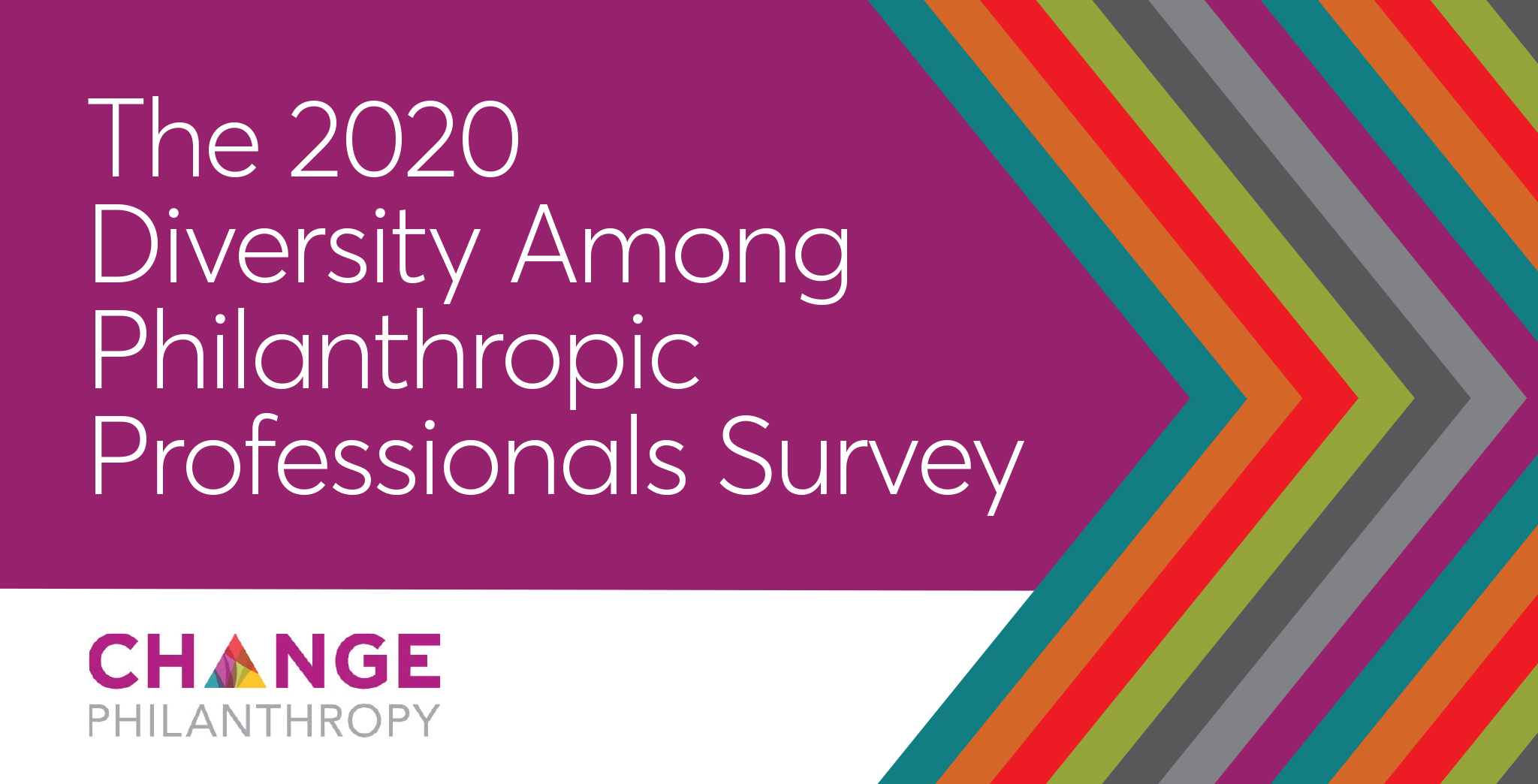Helping Foundations Better Understand Their Most Powerful Resource: Their People
Foundations are often resource rich in ways that other nonprofit organizations are not. One of the most powerful resources foundations have is their people, those on the staff and board of directors who dedicate their time to advancing the mission and goals of the foundation.
But:
- How much does the sector know about those working in philanthropy?
- How might the sector better assess its workplace climate and culture?
- And what might grantmakers do with this information?
While grantmakers enjoy access to ample data on the issues, geographic areas, and populations being supported by grant dollars -- and receive regular reports about the efficacy of their own investments -- there is far less data on who works in the field of philanthropy. The national sector-wide reports that do exist typically rely on submissions of institution-wide data from participating foundations based on information collected internally, usually by the human resources departments, as opposed to surveying individual board and staff members directly. And the data collected can be incomplete: participating institutions may not collect or report data on all the components of an individual’s identity, for example, sexual orientation or gender identity. As a result, there is insufficient data to report on various measures of diversity in philanthropy.
The DAPP Survey aims to help the philanthropic community better understand its workforce and leadership. The DAPP survey is unique in soliciting anonymous self-reporting from individuals on the staff and board of participating foundations, improving the accuracy of demographic data and allowing for honest feedback.
The 2018 DAPP Survey, which resulted in The 2018 Diversity Among Philanthropic Professionals Report: A Tale of Two Sectors and The Philanthropic Closet: LGBTQ People in Philanthropy, helped answer the question of LGBTQ representation in philanthropy. It also sadly revealed that LGBTQ people in philanthropy are “in the closet” at work (meaning they have not disclosed their sexual orientation to most or all of their colleagues) at a higher rate than LGBTQ people in the corporate sector. This finding that would have been nearly impossible to unearth if the researchers relied only on institution-wide data collection efforts.
The DAPP Survey is part of CHANGE Philanthropy in 2020, though it was previously administered by Funders for LGBTQ Issues. Participation has already more than tripled. This year we have more than 120 foundations committed to participating. The 2020 DAPP Survey officially launches December 1, 2020. CHANGE Philanthropy looks forward to sharing the results in Quarter Two of 2021.
As CHANGE Philanthropy prepares to undertake the DAPP Survey on a biannual basis, the DAPP survey remains unique in that:
- It relies on anonymous self-reporting. Participating foundations email their staff and board the link to the survey. The survey is conducted by a third party, SMU DataArts, allowing responses to be collected securely and completely anonymously.
- Participating foundations that reach statistical significance receive a confidential custom report comparing their results to the overall findings. While the overall findings are only published and shared in aggregate form, those foundations that reach statistical significance will get a confidential custom report about their workforce.
- The survey measures how individuals perceive that their organizations respond to various components of their personal identity. The 2020 DAPP will reveal how comfortable individuals are living the components of their identities at work and how responsive institutions are to authenticity. Across an individual’s race and ethnicity, sexual orientation, gender identity, age, disability status, religion or belief system, and country of origin, participants are asked to identify how their employer recognizes that component of their identity on a scale of actualized, celebrated, acknowledged, invisibilized, erased, and exploited.
An added benefit of CHANGE Philanthropy housing this survey is that once results are available, for those seeking to increase the diversity of their workforce or improve their workplace climate and culture, CHANGE Philanthropy’s 10 partner organizations stand ready to help!
As the country continues to address the dual pandemics of COVID-19 and systemic racism, now seems as important a time as ever to check-in with philanthropy’s most powerful resource, the people working in philanthropy. Learn more about the 2020 DAPP Survey. There are still a few weeks to sign up to participate before October 30, 2020. The DAPP survey is open to grantmaking institutions of all types based in the United States, for whom grantmaking is 75 percent or more of the institution’s programmatic work.



